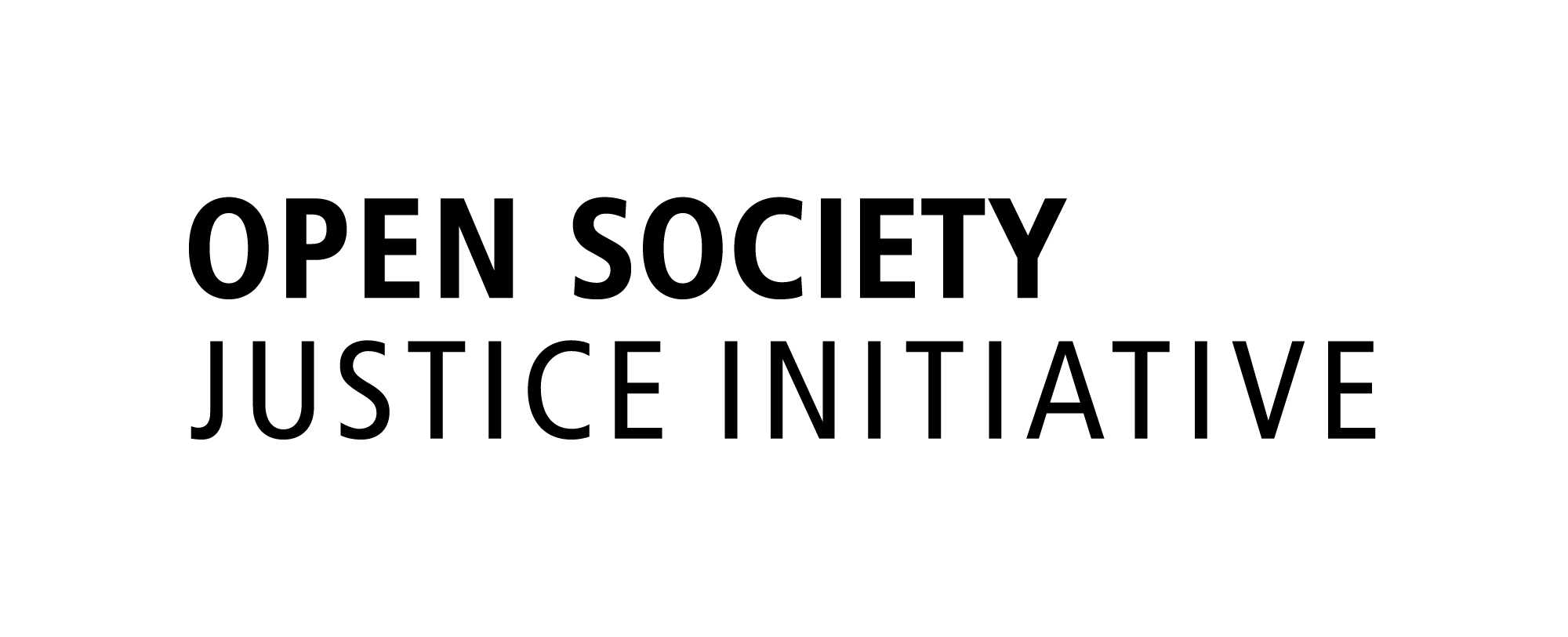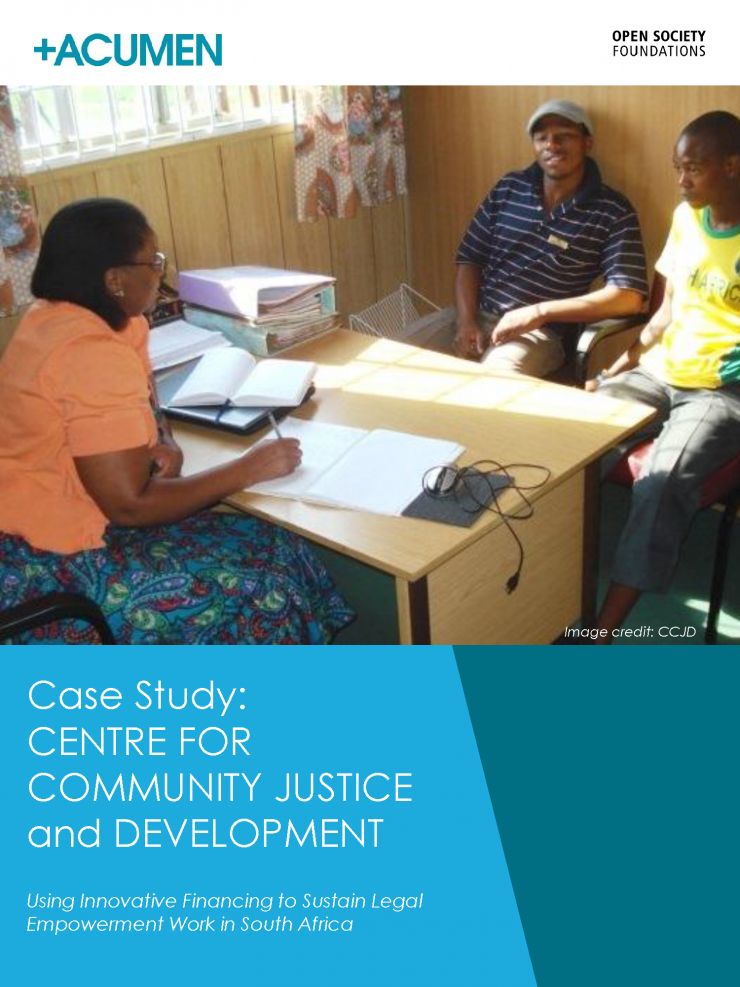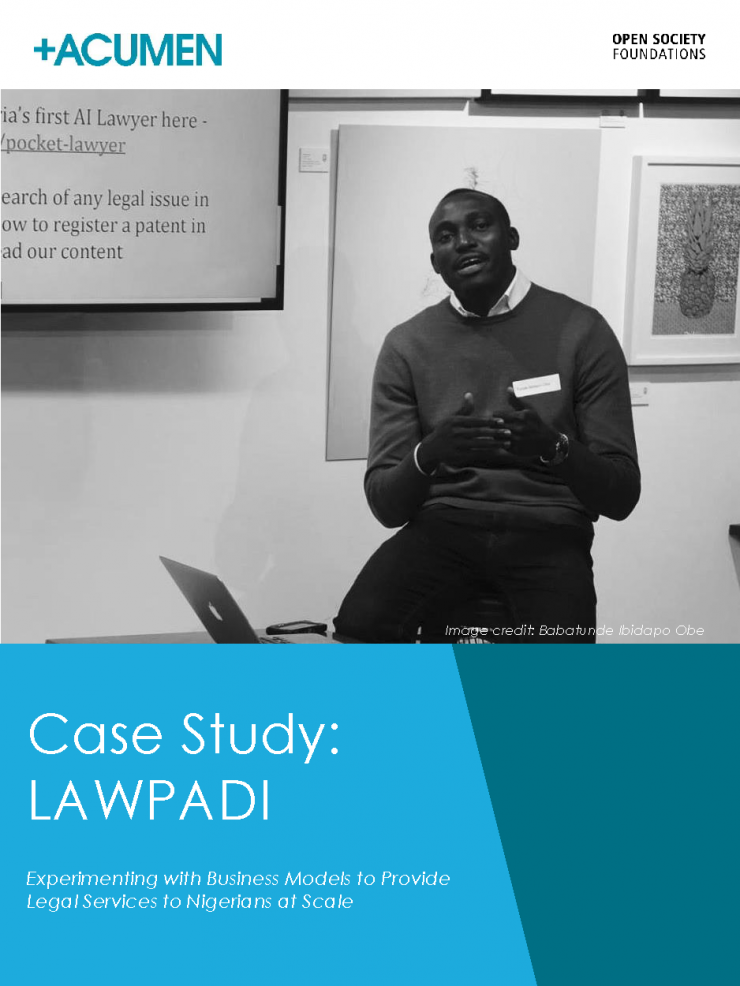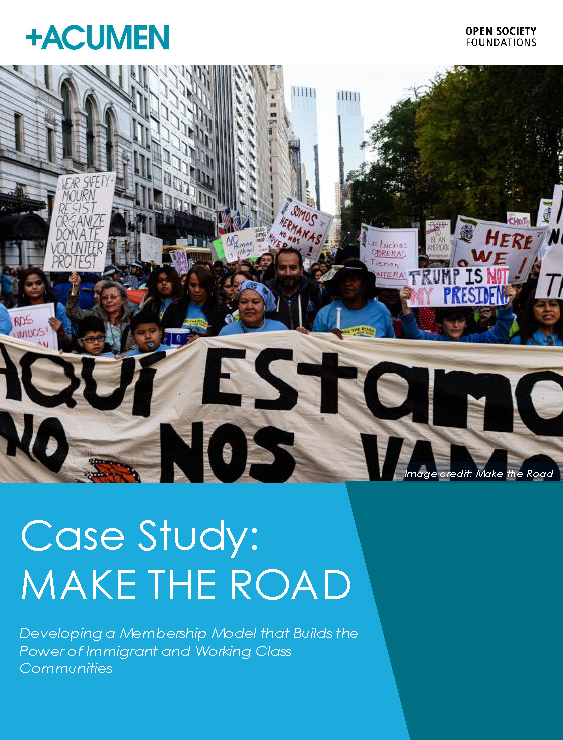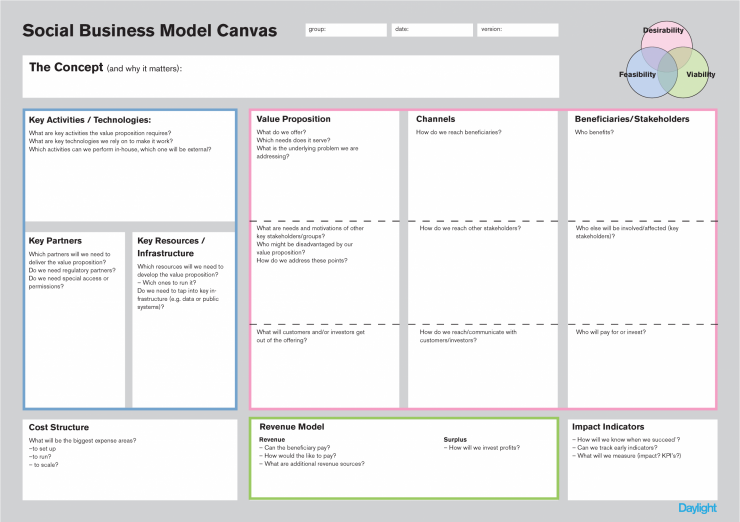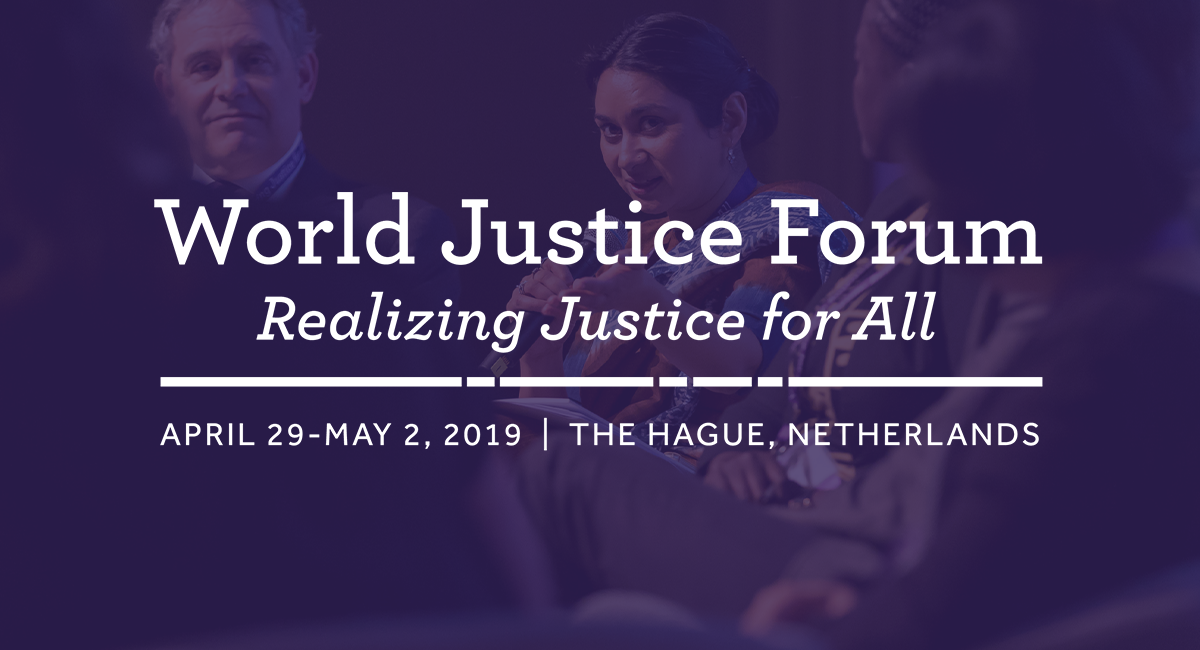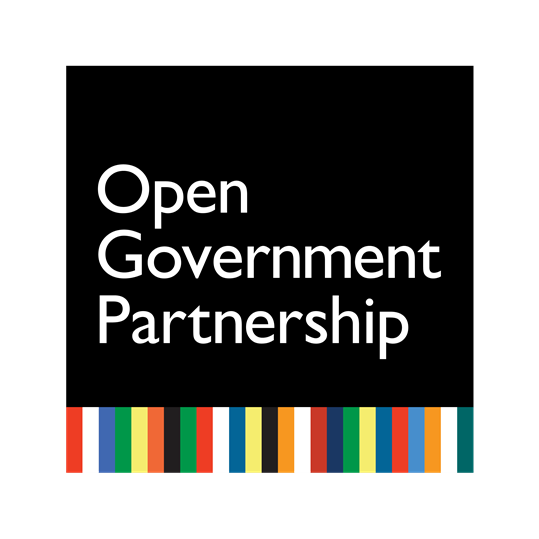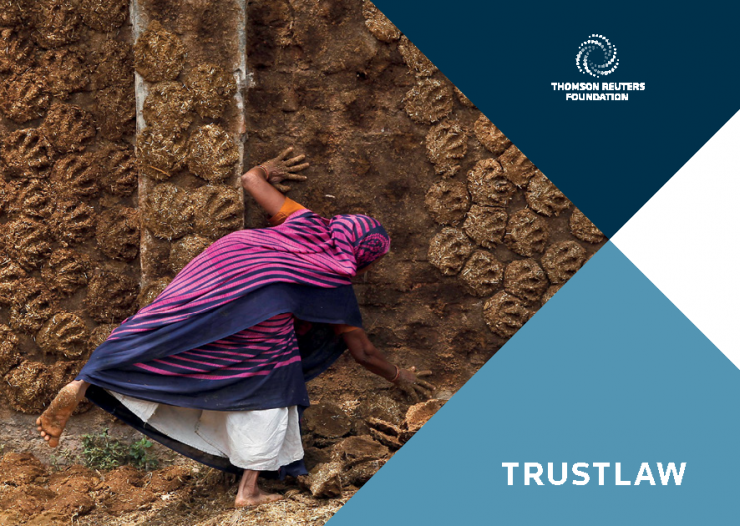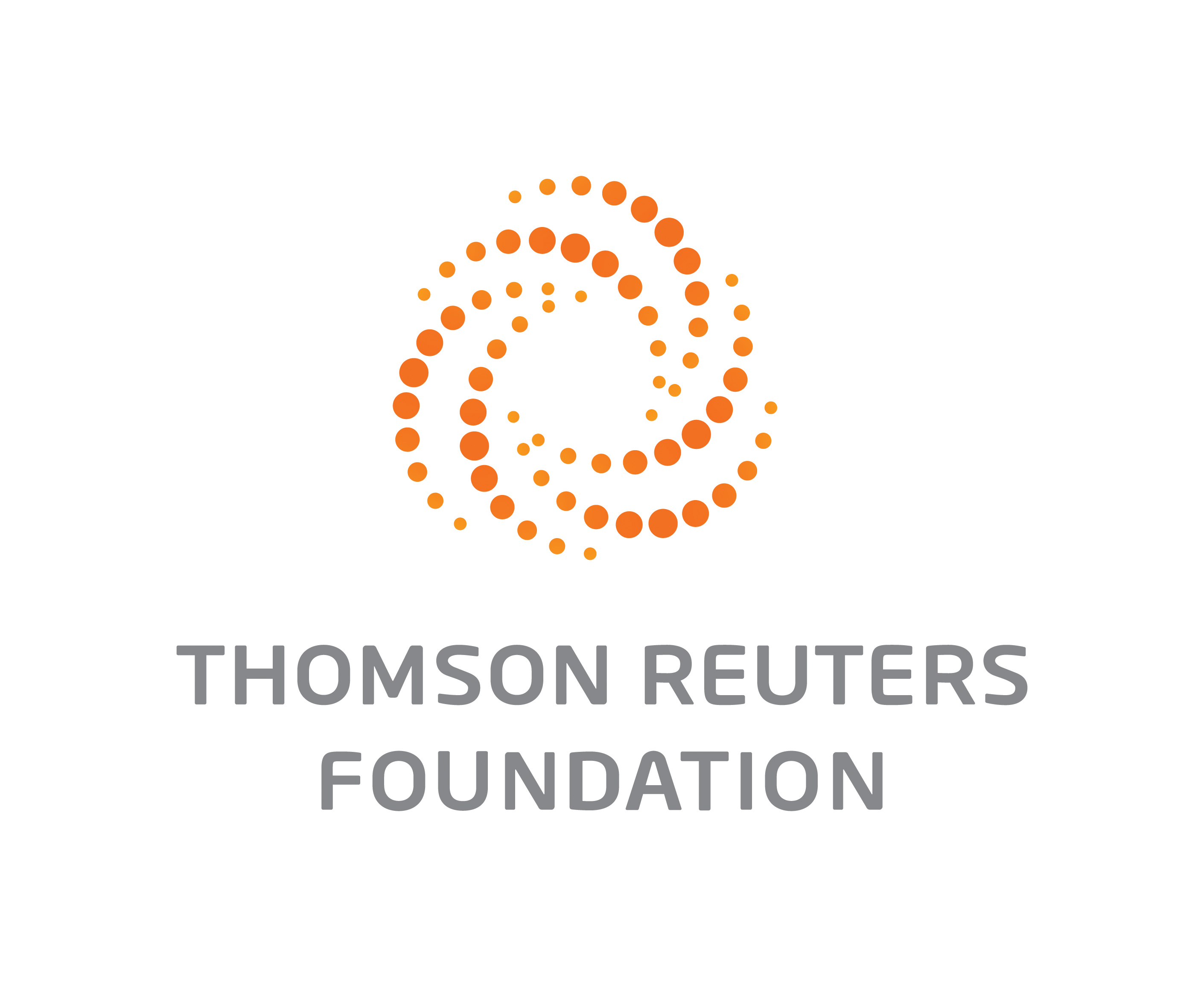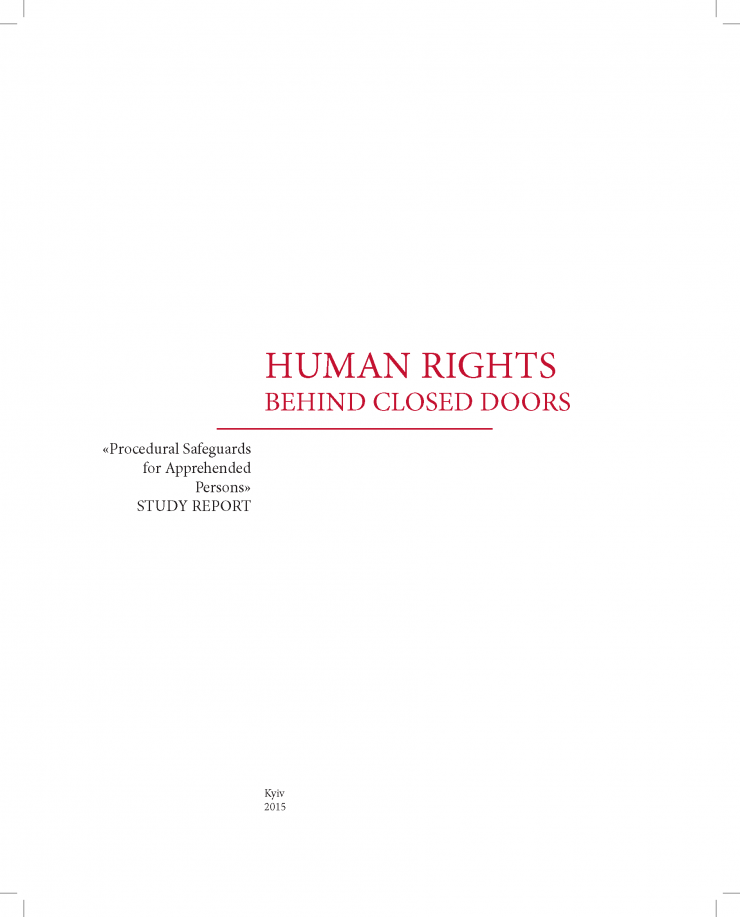Organizer: The Hague Institute for Innovation of Law (HiiL)
Bridging the access to justice gap requires a multi-stakeholder approach. To explore factors that contribute to scaling justice innovation, HiiL has identified seven categories of game-changing services that reimagine the way justice is delivered. They prioritize people’s needs and experiences and provide justice that is affordable, accessible, and easy to understand. To harness the operational understanding and measured impact of Game-changers, this side event will bring together international experts across sectors and geographies. It will build upon the critical success factors developed by HiiL in its recent set of Policy-Briefs and further the ongoing conversation on strengthening the enablers for making people-centered justice happen.
Language: English


